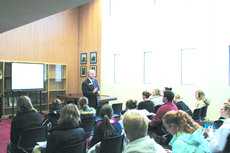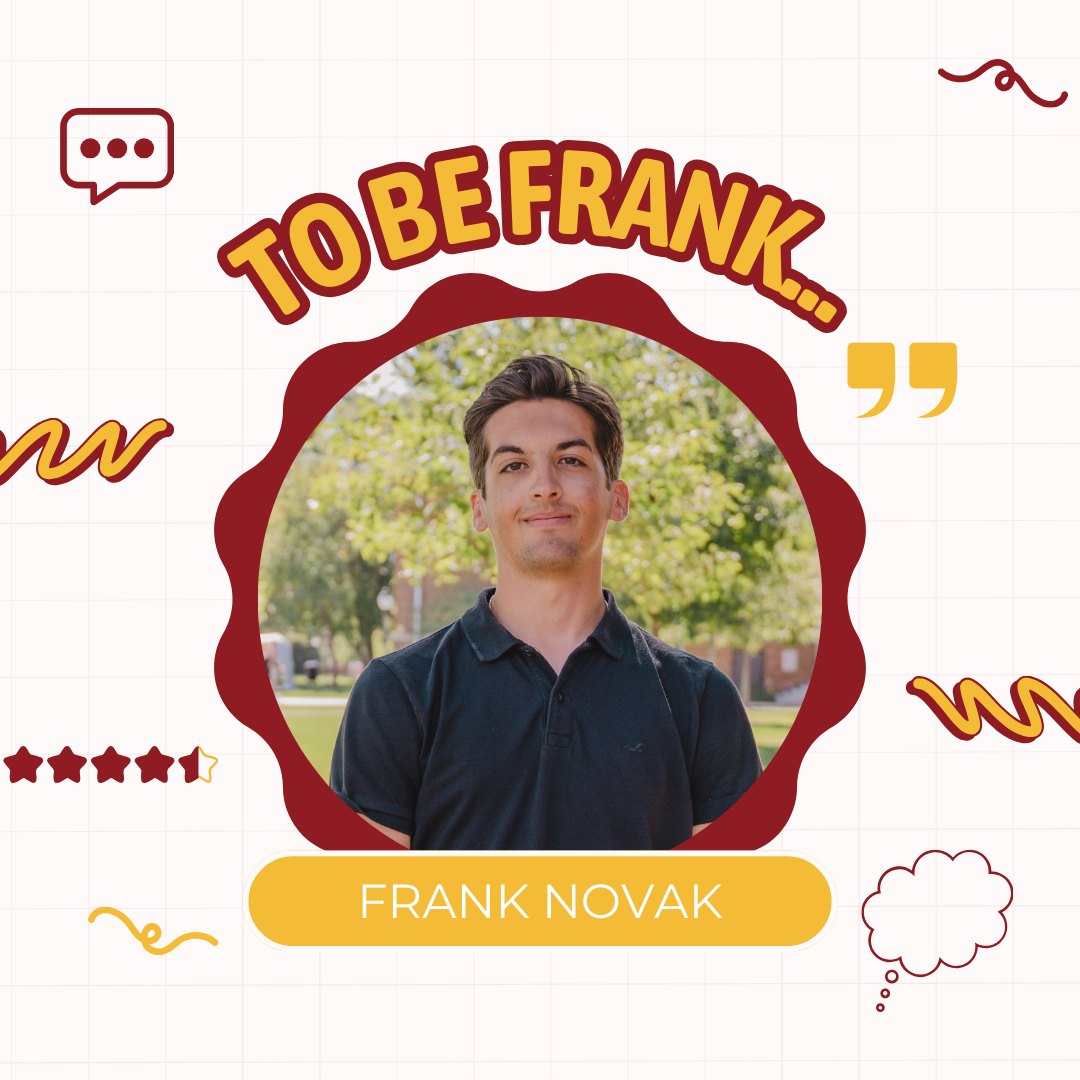Students weigh the option of grad school

November 19, 2008
Approximately 20 percent of Simpson students continue into graduate school after graduating.
Students who plan on attending graduate school should plan accordingly in their junior and senior years.
“Most students choose to go on to graduate or professional school because it has a direct relationship to their career vocational path,” Jim Thorius, vice president for student development, said.
According to Del Shepard, director of career services, some professions require an advanced degree for certain employment opportunities.
“Many of their professions they want to go into require advanced degrees,” Shepard said. “It’s a very natural progression. We meet with people all the time. They know their degree here will lead into a graduate degree someplace else.”
Career paths such as law, medicine and dentistry require education beyond college.
“A bachelor degree isn’t going to do it,” Shepard said. “They have to have an advanced degree.”
Thorius notes that students may just be interested in the learning aspect of grad school.
“Some people, I’m sure, continue on to graduate school because of some real love for learning and they see themselves wanting to continue on in the academic arena.”
Rich Krumme, adjunct instructor in business and administration and economics, said it may be beneficial to start graduate school right out of college.
“You’ll know your career goals better, be more mature and bring a broader view to your studies,” Krumme said.
Although advanced degrees are required for certain careers, cost can be an issue for some students.
“There’s a good chance some employers will help them with tuition assistance as they’re working on their degree,” Shepard said. “It may benefit them to go to an employer that does at least a partial reimbursement for tuition and get help with that advanced degree.”
There are also other ways to afford graduate school besides getting assistance from employers.
“Many of the graduate institutions have financial assistance packages that will help students pursue that opportunity,” Thorius said.
According to Shepard, the state of the economy hasn’t deterred the number of students applying for graduate school this year.
“Actually, I think we’ll see a few more people apply for graduate school,” Shepard said.
Krumme believes money shouldn’t be an issue.
“Don’t let money keep you from graduate school or whatever schooling you want,” Krumme said. “It is easily the best investment you will make.”
Students are not advised to apply to graduate school because they are undecided on a career choice, Shepard said.
“I think it’s not always wise to choose graduate school just because someone can’t find a job, because that’ll just compound the problem,” Shepard said.
To help students learn more about graduate school, a recent Graduate School Workshop was held in Dunn Library Tuesday, Nov. 18.
“They can share with students that it is possible to go on with graduate school,” Shepard said. “I think it’s wise [for students] to explore grad school, so they’ll at least know their options. I think people who are curious about graduate school should go through the experience.”





